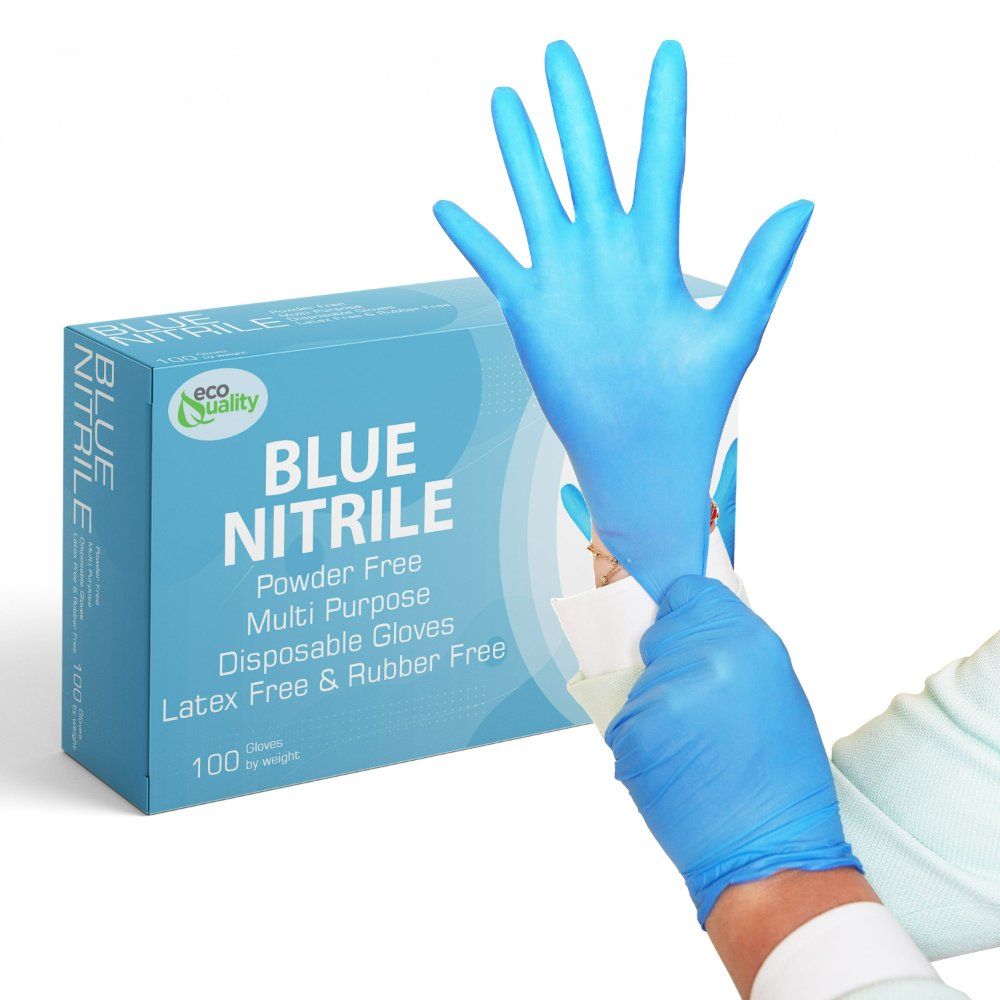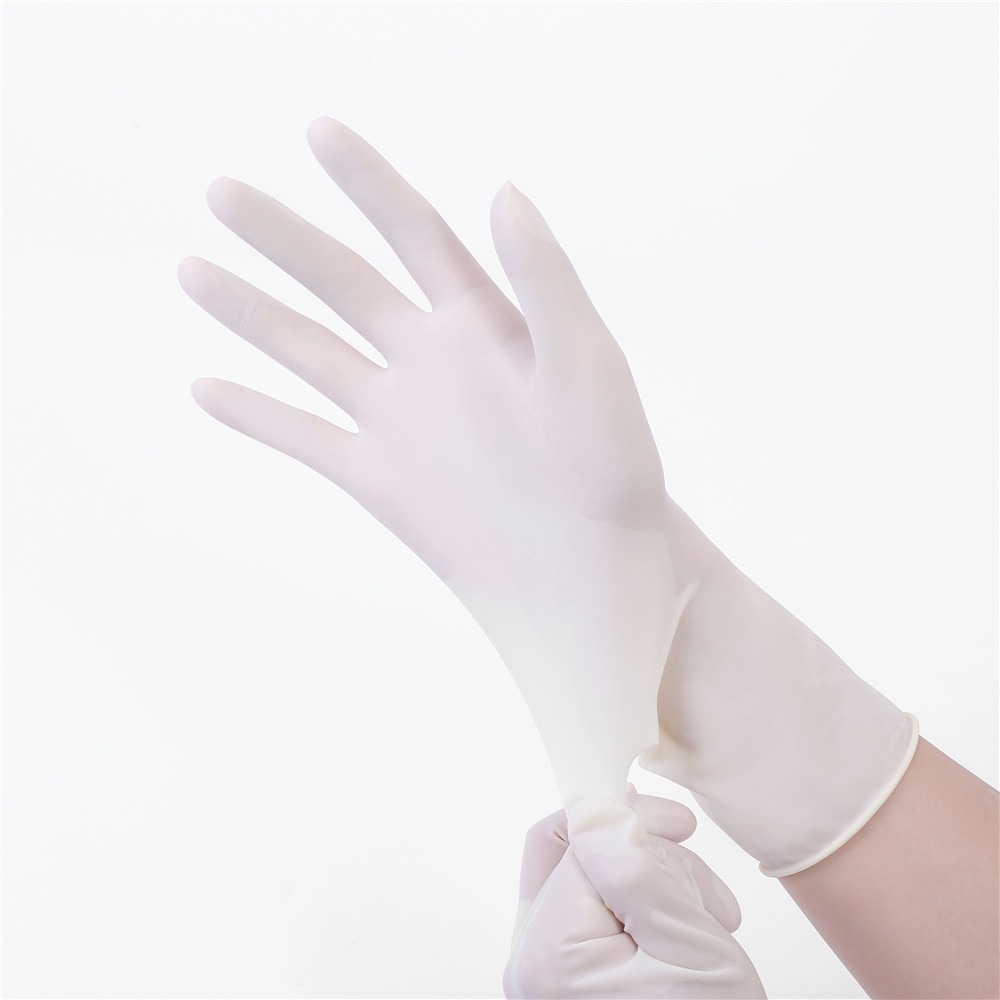Introduction to Glove Allergies and Sensitive Skin
For many people, gloves are essential for safety and hygiene. However, for those with sensitive skin or allergies, choosing the right gloves is crucial to avoid discomfort and allergic reactions. Understanding the types of materials and chemicals that can trigger these reactions is key to finding a comfortable and safe option.
Gloves are made from various materials that, unfortunately, can sometimes cause skin irritation or allergic reactions. These reactions can range from mild itching to more severe effects like hives, and swelling. For individuals with glove allergies or sensitive skin, it’s important to be aware of these potential allergens.
The main offenders when it comes to glove allergies are latex, powder, and accelerators. Allergic reactions to these can include sneezing, rashes, and even more severe responses like anaphylaxis. Even when a glove is labeled as ‘hypoallergenic gloves,’ it may still contain allergens to which some users are sensitive. Hence, the term ‘hypoallergenic’ can be slightly misleading, as no glove can be guaranteed to be 100% allergy-proof.
Those with glove allergies or sensitivities must take extra care when selecting gloves for daily use. It’s vital to look for gloves that are made from materials that are less likely to trigger an allergic reaction. Nitrile and vinyl gloves are often recommended alternatives for those sensitive to latex. Furthermore, powder-free and accelerator-free glove options are available for those with related sensitivities.
Finding the right kind of gloves might require some trial and error, but with the correct information and care, most allergy sufferers can find a suitable solution. It’s always wise to discuss your options with a healthcare provider if you have had past allergic reactions. Stay tuned, as we delve deeper into the specifics of common allergenic materials in gloves in the following sections of this guide.

Understanding Common Allergenic Materials in Gloves
When it comes to glove allergies, three materials commonly cause problems. These are latex, powder, and accelerators found in many disposable gloves.
Latex Allergies and Latex-Free Alternatives
Latex gloves often trigger allergic reactions due to natural rubber proteins. Symptoms can include itching, redness, and swelling. AAFA notes about 4.3% of people are allergic to latex. Latex-free alternatives, like nitrile and vinyl gloves, are safer for those with this allergy.
The Role of Powder in Glove Allergies
Powder inside gloves, usually sterilized corn starch, can cause allergies too. Powder-free gloves undergo a cleaning process to remove this substance, making them a better choice for sensitive individuals.
Accelerators: Chemical Sensitivities in Glove Manufacturing
Accelerators speed up the glove manufacturing process but can cause skin sensitivities. Although many gloves contain accelerators, there are accelerator-free nitrile gloves available. It’s crucial to check product details when choosing hypoallergenic gloves.
Nitrile Gloves: A Safe Choice for Allergy Sufferers
When looking for hypoallergenic gloves, nitrile gloves stand out. They’re an excellent alternative for those who react to latex. These gloves don’t have latex proteins which often cause allergies. Made from a synthetic material, they are stretchy and resistant to punctures.
Nitrile gloves suit various work environments. They’re popular in healthcare as they avoid latex allergens. Moreover, they’re strong, making them fit for intense tasks. As a synthetic option, nitrile gloves are less likely to trigger allergies.
For allergy sufferers, it’s crucial to choose gloves carefully. Nitrile gloves can be a safe pick. They come without common allergens and are often more durable than other alternatives. They are not only safe but also offer comfort. That’s important for those wearing gloves for long periods.
Many prefer nitrile gloves because they perform well across tasks. Whether in medical fields, industrial work, or cleaning, they provide safety. They’re dependable for those with sensitive skin or allergies. Always check the glove’s material to ensure safety and avoid allergic reactions.
In summary, nitrile gloves can be a wise choice for anyone with glove allergies or sensitive skin. They combine safety, comfort, and versatility. They’re less likely to cause allergic reactions while providing a durable option for various tasks.

Vinyl Gloves: Affordable but Less Durable Alternatives
Vinyl gloves offer an affordable choice for those avoiding latex. They serve well for cleaning and food service. Despite being less stretchy and prone to tears, they handle many tasks effectively. Users report fewer allergies with vinyl compared to latex gloves.
They’re made from polyvinyl chloride, or PVC, and lack the durability of nitrile or latex. This makes them less ideal for high-risk scenarios where strong protection is a must. However, for activities with lower risk, they offer a practical solution.
Cost-wise, vinyl gloves are cheaper, making them appealing for budget-conscious buyers. They are available in powder-free varieties, which can help lower the risk of allergies. These gloves are commonly used in low-risk settings like beauty salons and food handling.
Sensitive individuals may appreciate the hypoallergenic nature of some vinyl gloves. Always check the glove’s materials and opt for those marked as hypoallergenic gloves. Remember, while vinyl gloves are a cost-effective option, their suitability depends on your specific needs and work environment.
Reusable Gloves: Pros and Cons for Sensitive Skin
Reusable gloves come with their own set of advantages and disadvantages for individuals with sensitive skin or allergies. Here are some points to consider when looking at the suitability of reusable gloves:
Advantages of Reusable Gloves
- Material Variety: Reusable gloves come in a range of materials, including cotton and bamboo. These natural fabrics can be gentler on the skin.
- Cost-Effective: Over time, reusable gloves can be more cost-effective as they don’t need frequent replacement.
- Eco-friendly: They are a green choice, reducing the amount of waste compared to disposable gloves.
- Customizable Comfort: Often, reusable gloves offer a more comfortable, custom fit as they adapt to your hand shape.
Disadvantages of Reusable Gloves
- Risk of Contamination: They may not be suitable in environments that need high levels of sterility, like medical settings, due to contamination risks.
- Maintenance Required: They need regular cleaning, which can be a hassle and may lead to degradation over time.
- Potential for Allergens: The fabrics can collect allergens over time, and some may contain dyes or other chemicals that can irritate sensitive skin.
- Less Protection: Reusable gloves are often less protective against chemicals and punctures than disposable options like nitrile gloves.
When choosing reusable gloves, it’s important to consider the specific needs of your skin and the requirements of your work environment. If you opt for them, ensure they do not have harsh dyes, are easy to maintain, and are not used in situations where cross-contamination is a concern. For sensitive skin, hypoallergenic gloves that offer protection while minimizing allergic reactions are still the priority. Always test any glove type for skin reactions before committing to regular use.

Our Top Hypoallergenic Glove Recommendation
When considering gloves for sensitive skin, our top choice is the Grape Grip Powder Free Nitrile Exam Glove. These gloves are the best fit for those with allergies and skin sensitivities. Here’s why they stand out:
- 100% Latex-Free: Ensuring no latex protein related allergies will occur.
- Powder-Free: Removing the risk of allergies related to powdered gloves.
- Accelerator-Free: Ideal for those who react to chemicals used in the glove-making process.
- Durable and Versatile: These gloves are strong enough for medical use, including handling chemotherapy drugs, and are equally suited for various industries.
These gloves offer a blend of safety, comfort, and flexibility. They cater to different tasks without compromising on protection. What’s more, they address the key concerns brought up by sensitive skin and allergy sufferers.
For allergy-prone individuals, gloves that minimize reactions are vital. The Grape Grip gloves offer this peace of mind. Always check package labels and test the gloves in a controlled setting to ensure they meet personal sensitivities. With suitable hypoallergenic gloves, the focus can remain on the task at hand without the worry of skin discomfort.
Smart Practices: Preventing Allergic Reactions and Protecting Sensitive Skin
Selecting the right gloves is crucial for those with sensitive skin or allergies. Here are smart practices you can follow:
- Choose Latex-Free: If you have latex allergies, always pick latex-free options like nitrile or vinyl gloves.
- Opt for Powder-Free: Go for gloves without powder to reduce the risk of allergic reactions.
- Check for Accelerators: Some people have allergies to accelerators in gloves. Look for accelerator-free varieties when possible.
- Read Labels Carefully: Always check the glove packaging for allergen information before use.
- Test Before Use: Before long-term use, wear the gloves for a short time to test your skin’s reaction.
- Keep Hands Clean: Wash your hands before and after wearing gloves to prevent irritation.
- Moisturize: Apply hypoallergenic lotion to prevent dryness caused by glove use.
- Store Gloves Properly: Keep your gloves in a cool, dry place away from direct sunlight or heat.
- Report Reactions: If you notice any reaction, stop using the gloves immediately and consult a healthcare provider.
- Safe Disposal: Properly dispose of single-use gloves to avoid unnecessary contact with allergens.
By following these practices, you can minimize the chance of allergic reactions and keep your sensitive skin protected.